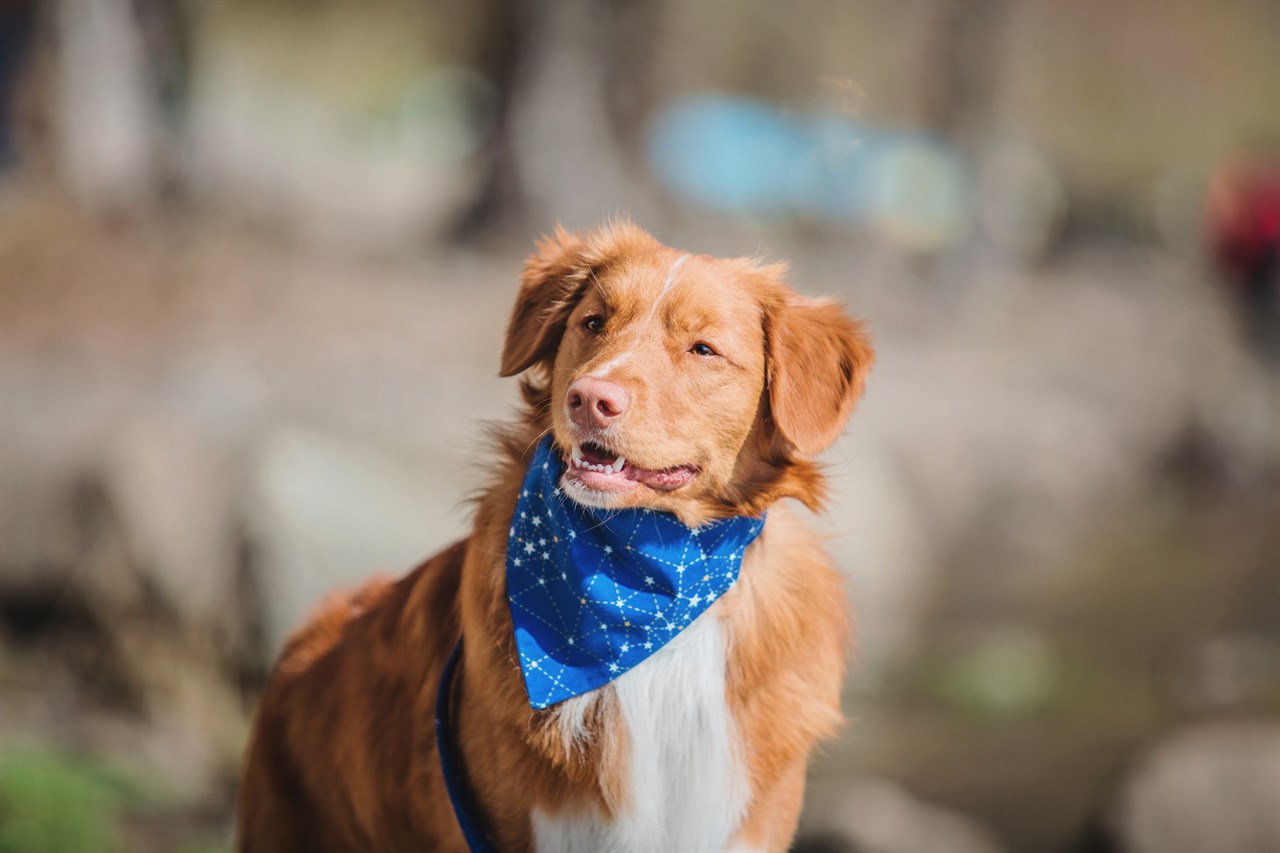Toilet Training the Nova Scotia Duck Tolling Retriever: Tips for Success

Toilet training, also known as housebreaking or potty training, is an essential aspect of raising a well-behaved Nova Scotia Duck Tolling Retriever (Toller). These intelligent and eager-to-please dogs can be successfully housetrained with patience, consistency, and positive reinforcement. Here are some tips to help you toilet train your Toller effectively.
Start Early
Begin toilet training as soon as you bring your Toller puppy home, ideally when they are around 8 weeks old. Puppies have limited bladder control, so early training is crucial.
Establish a Routine
Set a consistent feeding schedule for your Toller, and take them outside to the designated potty area shortly after meals, playtime, and waking up in the morning. Frequent outdoor breaks, at least every 2-3 hours during the day, help prevent accidents indoors.
Choose a Designated Potty Area
Designate a specific spot in your yard where you want your Toller to relieve themselves. This will help them associate that area with potty time.
Use Positive Reinforcement
Praise and reward your Toller with treats, verbal praise, and affection when they successfully go potty outdoors. Positive reinforcement encourages them to repeat the behaviour.
Supervise and Watch for Signs
Keep a close eye on your Toller, especially when they are indoors. Look for signs such as sniffing, circling, or whining, which may indicate they need to go outside.
Be Patient
Understand that accidents will happen, especially with puppies. Do not scold or punish your Toller for accidents, as it can create fear or confusion. Instead, focus on positive reinforcement.
Crate Training
Crate training can be a valuable tool for toilet training. Dogs often avoid soiling their sleeping area, so use an appropriately sized crate to help prevent accidents when you cannot supervise your Toller.
Clean Accidents Promptly
Clean any indoor accidents thoroughly with an enzymatic cleaner to remove lingering odours that might attract your Toller back to the same spot.
Transition to Outdoor Only
As your Toller matures and gains better bladder control, you can gradually extend the time between potty breaks and transition to outdoor pottying only.
Consistency Is Key
Consistency is crucial throughout the training process. Stick to the same routine, commands, and designated potty area to avoid confusion.
Seek Professional Help if Needed
If you encounter persistent housetraining challenges or your Toller shows signs of difficulty, consider seeking guidance from a professional dog trainer or behaviourist.
Remember that every dog is unique, and the timeline for successful toilet training may vary from one Toller to another. Stay patient, stay positive, and celebrate your Toller's progress along the way. With time and consistent training, your Nova Scotia Duck Tolling Retriever will become a well-mannered and house-trained companion.
Nova Scotia Duck Tolling Retriever puppies for sale
- Find Nova Scotia Duck Tolling Retriever puppies for sale in ACT
- Find Nova Scotia Duck Tolling Retriever puppies for sale in NSW
- Find Nova Scotia Duck Tolling Retriever puppies for sale in NT
- Find Nova Scotia Duck Tolling Retriever puppies for sale in QLD
- Find Nova Scotia Duck Tolling Retriever puppies for sale in SA
- Find Nova Scotia Duck Tolling Retriever puppies for sale in TAS
- Find Nova Scotia Duck Tolling Retriever puppies for sale in VIC
- Find Nova Scotia Duck Tolling Retriever puppies for sale in WA